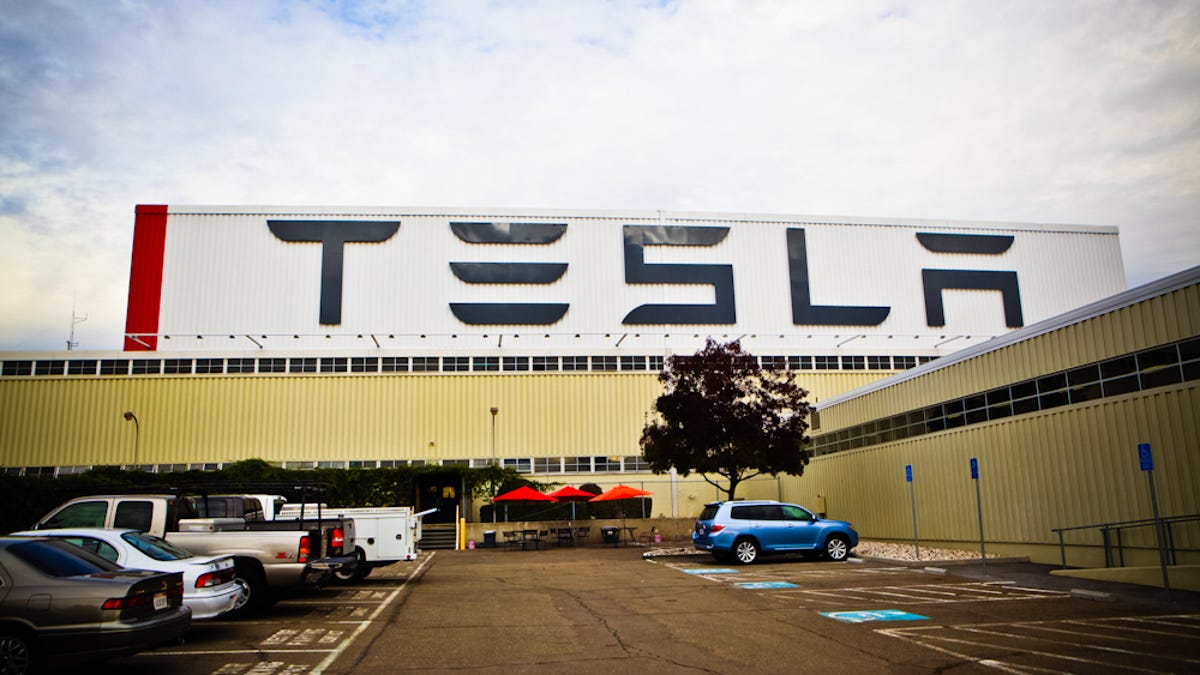Judge Cuts Tesla Racism Lawsuit Award From $137M to $15M
While saying the evidence "amply supports" the jury's liability findings, the judge calls the damages award "unconstitutionally large."

A federal judge on Wednesday reduced the nearly $137 million damages award in a racial discrimination lawsuit brought by a Black former employee to $15 million.
US District Court Judge William Orrick issued his ruling after a jury in October found that Owen Diaz had been subjected to racist abuse and discrimination while working as an elevator operator at the electric car company's Northern California factory between June 2015 and May 2016. The jury awarded Diaz $130 million in punitive damages and $6.9 million for emotional distress.
Orrick wrote in his 43-page ruling (see below) that while "the weight of the evidence amply supports the jury's liability findings," the jury's $130 million in punitive damages was "unconstitutionally large" and should be reduced to $13.5 million. He also found the jury's $6.9 million in compensatory damages "excessive," saying it should be reduced to $1.5 million, well above the $300,000 that Tesla had advocated for.
Orrick's order gave Diaz 30 days to accept the reduced order or seek a new trial.
Diaz's lawyer in the case said they were exploring their options, adding that he didn't blame the judge for reducing the damages award.
"It's not the judge's fault -- it's the way the legal system has evolved," said Larry Organ of the California Civil Rights Law Group, adding that he was "heartened by the judge's factual findings and his clear disdain for Tesla's denials."
Diaz alleged in his 2017 lawsuit that during his time at Tesla's Fremont, California, factory, he encountered a scene "straight from the Jim Crow era," in which he was subjected to racial slurs and told to "go back to Africa." Diaz's lawsuit alleged that Tesla employees drew swastikas, left racist graffiti and scratched derogatory drawings of Black children around the plant. He contended that supervisors failed to stop the abuse.
Tesla didn't immediately respond to a request for comment.

